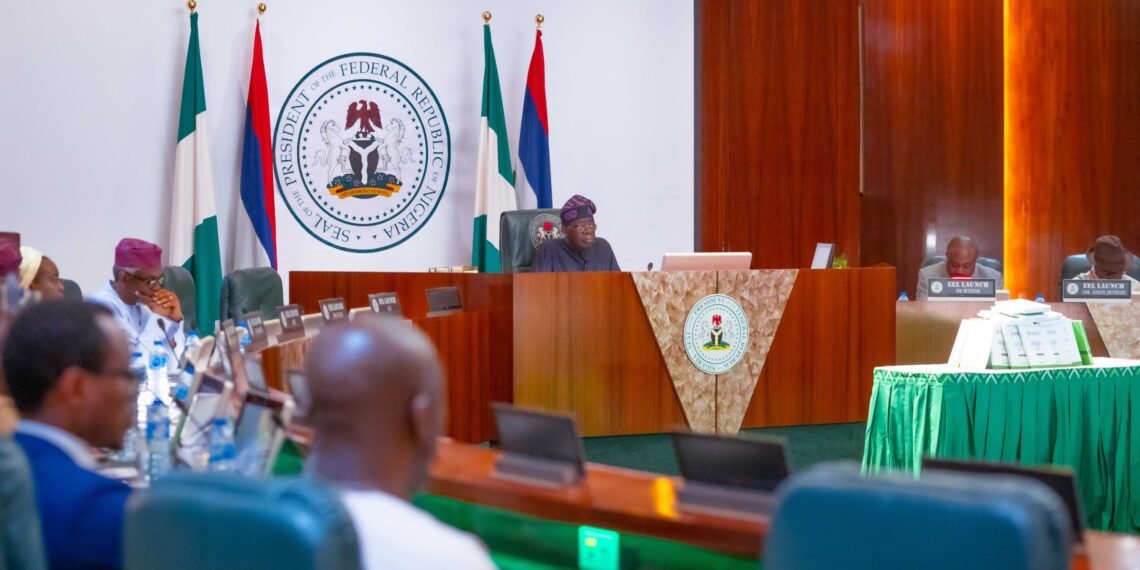Nigeria’s Federation Account Allocation Committee (FAAC) has delivered the biggest revenue disbursement in the nation’s history, sharing a staggering N2.225 trillion among the three tiers of government and other statutory beneficiaries for August 2025.
The record-setting payout, announced after FAAC’s meeting in Abuja, marks the second consecutive month that allocations have crossed the N2 trillion mark, signaling a new era of robust revenue inflows. According to the communiqué issued at the end of the session, the surge was powered by higher receipts from oil and gas royalties, value-added tax (VAT), and the Common External Tariff (CET) levy.
FAAC disclosed that the gross federation revenue for the month stood at N3.635 trillion, out of which N124.839 billion was deducted as cost of collection, while N1.285 trillion was earmarked for transfers, interventions, refunds, and savings. The balance formed the distributable pool of N2.225 trillion.
Breaking it down, statutory revenue contributed N1.478 trillion, VAT accounted for N672.9 billion, the Electronic Money Transfer Levy (EMTL) brought in N32.3 billion, and exchange difference added N41.2 billion. From the statutory revenue alone, the Federal Government received N684.4 billion, states got N347.1 billion, and local governments secured N267.6 billion, while oil-producing states walked away with N179.3 billion as derivation revenue.
Read also:
- FAAC allocates N1.818tn to FG, states, LGs for June
- Gov. Fintiri pays council workers ahead of FAAC allocation
- ALGON drags FG, states before court over autonomy FAAC sharing
The VAT allocation saw N100.9 billion go to the Federal Government, N336.4 billion to the states, and N235.5 billion to local councils. For EMTL, the Federal Government received N4.8 billion, states N16.1 billion, and local governments N11.3 billion. From the exchange difference, N19.7 billion went to the Federal Government, N10 billion to the states, N7.7 billion to local governments, while oil-producing states claimed another N3.7 billion.
The unprecedented scale of the disbursement has stirred reactions across the country, with analysts describing it as a lifeline for states and councils struggling to meet obligations amid inflation and mounting public debt. Economists, however, caution that without proper fiscal discipline, the historic inflow may not translate into real development for ordinary Nigerians.
With back-to-back record highs in July and August, questions are now turning to whether Nigeria can sustain the momentum or if this is a temporary surge tied to oil receipts and tax collections. Either way, the N2.225 trillion payout stands as a historic milestone in Nigeria’s fiscal history, putting unprecedented resources in the hands of all tiers of government.






